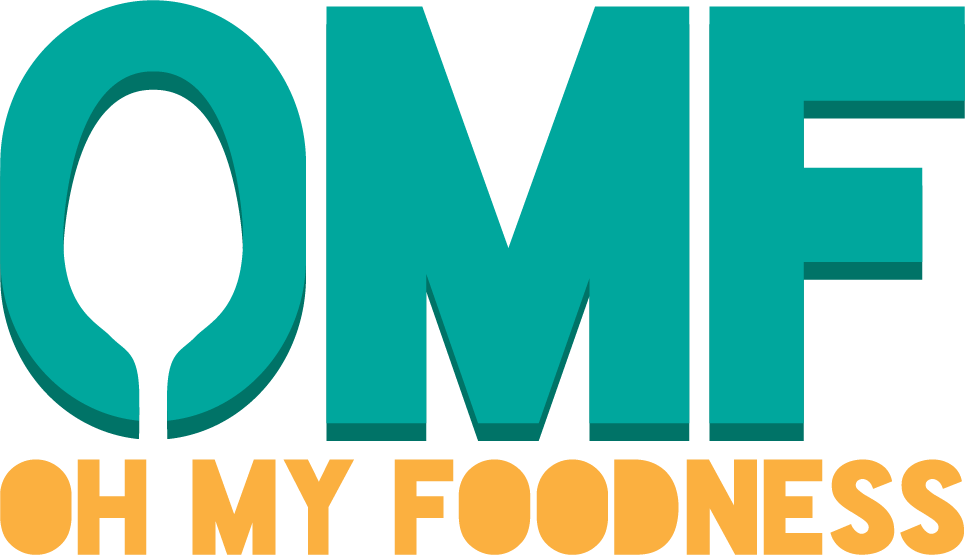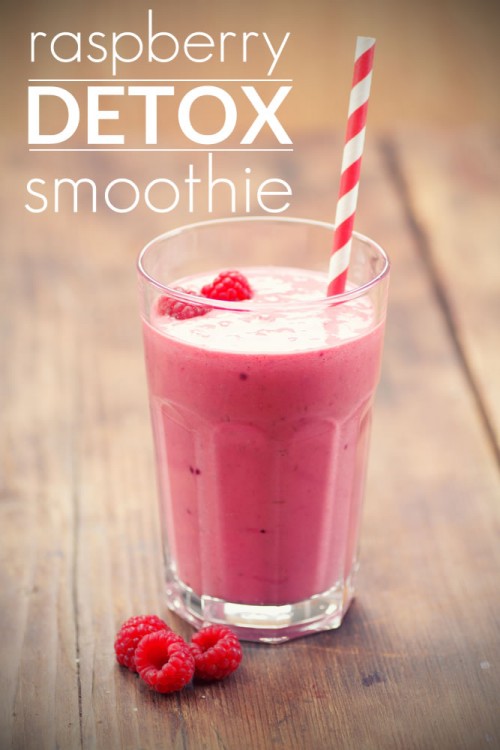From blendersmoothies.com
Anyone notice the “detox diet trend” lately?
The only conclusion I can draw from this popular diet is complete absurdity. If it wasn’t promoted as a weight-loss method, I wouldn’t mind so much simply because the logic behind it kind of, sort of, makes sense. However, the claim that toxins are stored in fat cells and that flushing your body of these toxins will help you shed pounds hasn’t been 100% proven.
In this post, I want to highlight the following points. I know some of you will hate me for bringing them up. Some of you will have opposing opinions or research, which is totally natural for cultural fads. Hang in there with me and see it to the end of this post; maybe you’l learn something you didn’t know:
1. Weight loss is and always will be: consuming less calories than you use OR using more calories than you consume.
Think of exercise and eating like a teeter totter or an old-fashioned scale. To remain the same weight by the end of the day, you want your input to match your output. To gain weight, intake more calories and/or exert less. And to lose weight, eat less calories and/or exert more.
Most of us need between 1800-2500 calories per day to remain a constant weight. Some need more, some need less, depending on their height, weight, gender and physical activity levels.
Keep in mind that only adding (or subtracting) 500 calories each day (an extra meal or high calorie snack) will equal one pound of weight gain (or loss) at the end of 7 days. One pound equals 3500 calories.
Generally the reason that diets work is because they deprive and/OR lower your calorie intake dramatically. But often putting our bodies through this cold-turkey game of weight loss freaks our body out. And that’s one reason why people diet for a month and quit and then end up gaining all the weight back. It’s better to make healthier choices one step at a time.
2. The body detoxes without our help
The body is amazing! Seriously, it wears so many hats and has a LOT of pressure to do its job right. Efforts to protect the body from toxicity (what is called poisoning) is by no means unwelcome! But the only time the body is really in danger is when humans are stupid and test its resilience with consuming the wrong things. Together, the liver, lungs, skin, kidneys and and the colon detoxify the body wonderfully.
Maintaining a healthy weight and eating a balanced diet and avoiding drugs and alcohol does so much more long term than flushing with detox.
3. Detoxing regularly is potentially dangerous to our gut
Even herbal laxatives, tame as they might be, still offer the same results as medical laxatives: relief from constipation. And with that relief comes hazardous side effects–if used long term–such as,
A) Preventing our bodies to gain/absorb optimum nutrition because digestion is pushed along too quickly. The cells don’t have as much chance to absorb vitamins, minerals and other nutrients.
B) Shedding not only the so-called toxins, but also ridding the gut of of good bacteria that keeps our bodies happy! It takes a while to replenish the supply of good bacteria and in the meantime, our immune systems are compromised.
Instead of flushing our bodies, we should avoid obvious toxins from our life, as aforementioned, and eat nutrient-dense foods like antioxidant-rich berries, prebiotic and fibrous foods (bananas, berries, whole grains, beans), and probiotics (yogurt and fermented foods like kimchi and sauerkraut).
WebMD has more to say about this…
From mrm-usa.com
4. Is fasting the answer?
Though fasting seems to be an easy way to shed pounds, it puts our bodies into ketosis where our bodies use fat as energy because carbohydrate stores in the liver have run out. Theoretically this eliminate toxins at the same time and is surely a quick way to lose weight but is dangerous. The brain predominately relies on carbohydrates for it to function and when glucose isn’t present the body searches for energy from amino acids; this depletes lean muscle mass. Ketosis also causes your body to eliminate necessary electrolytes, which will need to be constantly replenished IF you decide to fast. (I suppose this is why detox dieters rely on juice during their fasts.)
Fasting is especially unsafe for people with diabetes. Naturally, they are at a risk for ketosis because their insulin can’t keep up with blood sugar fluctuations on its own. Too high of ketosis makes the blood acidic and puts the body at risk for a plethora of diseases and altered bodily functions.
Certainly fasting is a part of our culture for more reasons than just for losing weight. Religions practice fasting to increase spiritual focus and discipline; physicians ask patients to fast before a procedure, et cetera.
Just remember: Always ask a physician (more specifically a Dietitian) before deciding to fast for weight loss and/or before starting a detox diet.
That’s all I have to say about detoxing right now. And I realize many of you may have a lot to say regarding your own opinion or research that contradicts my explanations. Please feel free to comment below – but be kind and respectful – thank you!









